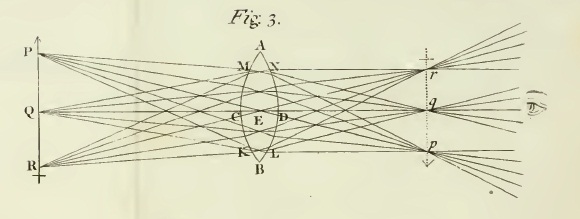
Photograph: Christopher Furlong/Getty Images
Charlotte Higgins , chief arts writer The Guardian, Monday 28 March 2011 larger | smaller Article history
Works such as Her Blood by sculptor Anish Kapoor should be sold, say MPs. The Arts Council in England has been told to sell works from its art collection – which includes masterpieces by Anish Kapoor, Sarah Lucas, Mark Wallinger and Damien Hirst –in a highly critical report.
In what is to be a crucial week for the arts – English cultural organisations will be told on Wednesday how much public money they will receive from the Arts Council – the report from the parliamentary select committee on culture criticises the funding body for "spending far too much on itself".
The MPs on the committee, chaired by Tory John Whittingdale, condemn a "gross waste of public money" and "failure of leadership" over the body's conduct in relation to the Public, the West Bromwich gallery that cost £52m to build but went into administration before it opened.
The report also deeply criticises ministers' "disturbing modus operandi" in abruptly abolishing a number of cultural bodies, notably the UK Film Council. That episode was "handled very badly by the government", says the report. "It is extremely regrettable that a film-maker of the stature of Tim Bevan has, as a result, decided to take no further part in government-sponsored initiatives."
Bevan, the co-founder of Working Title and co-producer of films such as Fargo and Four Weddings and a Funeral, chaired the UK Film Council at the time of its abolition.
The Arts Council hit back at the report, with a spokesman calling its findings out of date and criticising the choice of witnesses called to give evidence, saying the committee would have "benefited from a wider range of viewpoints".
She defended the organisation's record, saying, "The Public is old news and is not representative of the Arts Council's investments in capital projects." And she poured cold water on the recommendation that the council gets rid of artworks: "Selling off works of art from the Arts Council collection is also not a sensible solution to the current budget cuts."
The collection, now containing 7,500 works, was founded in 1946 to buy modern and contemporary art to lend to public galleries and museums nationwide. It also organises touring exhibitions, such as that devoted to Anish Kapoor now on in Manchester. Works from the collection have never been sold before.
Leading figures in the arts defended the council's record. Sir Nicholas Hytner, artistic director of the National Theatre, said the body "has our confidence" and Anthony Sargent, general director of the Sage arts venue in Gateshead, called it a "transformed institution".
On top of recommending the council sell, or "strategically deaccession", artworks to make it more financially sustainable, the report suggests amalgamating the art collections of the organisation with those of the government and the British Council.
The committee also said it was not convinced there was a need for so many symphony orchestras to receive funding from the council and the BBC; claimed heritage had been underfunded compared with the arts; and expressed concern at the deep level of cuts to funding for culture proposed by some local councils.
The arts world is waiting anxiously for the results of public funding applications, which are due to drop into email inboxes up and down England between 7.30am and 9.30am on Wednesday.
Grant applications have been made by 1,300 organisations; almost half will be unsuccessful.
The Arts Council received a 29.6% cut in its grant-in-aid from central government at the last comprehensive spending review, making heavy cuts inevitable, although the council has promised not to "salami-slice" and to protect excellent organisations from the deepest cuts.
The Arts Council, which cut its running costs by 15% in a restructuring completed in April 2010, has been told by the government to cut its running costs again, this time by 50%, with only 15% of the cuts being passed to the "front line".
Senior figures in the arts defended the council's recent record.
"The process has been as good as it could have been," said Hytner. He said many unsuccessful applicants would be "hugely aggrieved", but added: "I don't see how it can be avoided."
Director Sir Richard Eyre said Arts Council chief executive Alan Davey was "a good thing" and said the body had been put in a "hellish position" because of overall cuts from central government.
Sargent said" "Three years ago, the council was a disappointing laughing stock. I am not saying it's perfect, but as far as they can, Davey and [the body's chair] Liz Forgan have played a difficult hand with real skill."
A spokesman for the Department for Culture, Media and Sport said a formal government response would be published in due course.
Main points
• Arts Council England has been "spending far too much on itself"
• ACE "played a major role in the gross waste of public money" on the Public, West Bromwich
• "Strategic deaccessioning" – ie, selling of artworks – from the Arts Council Collection is advised
• The committee was "disturbed" by the number of local authorities proposing substantial cuts to arts
• Small arts organisations are at greater risk from funding cuts than large ones, a matter of "great concern"
• Committee "not convinced" there is a need for so many subsidised orchestras
• Abolition of the UK Film Council was "handled very badly by the government". Similar "disturbing modus operandi" followed for other abruptly axed cultural bodies
• Heritage "suffered disproportionately" in funding cuts compared with arts

No hay comentarios:
Publicar un comentario